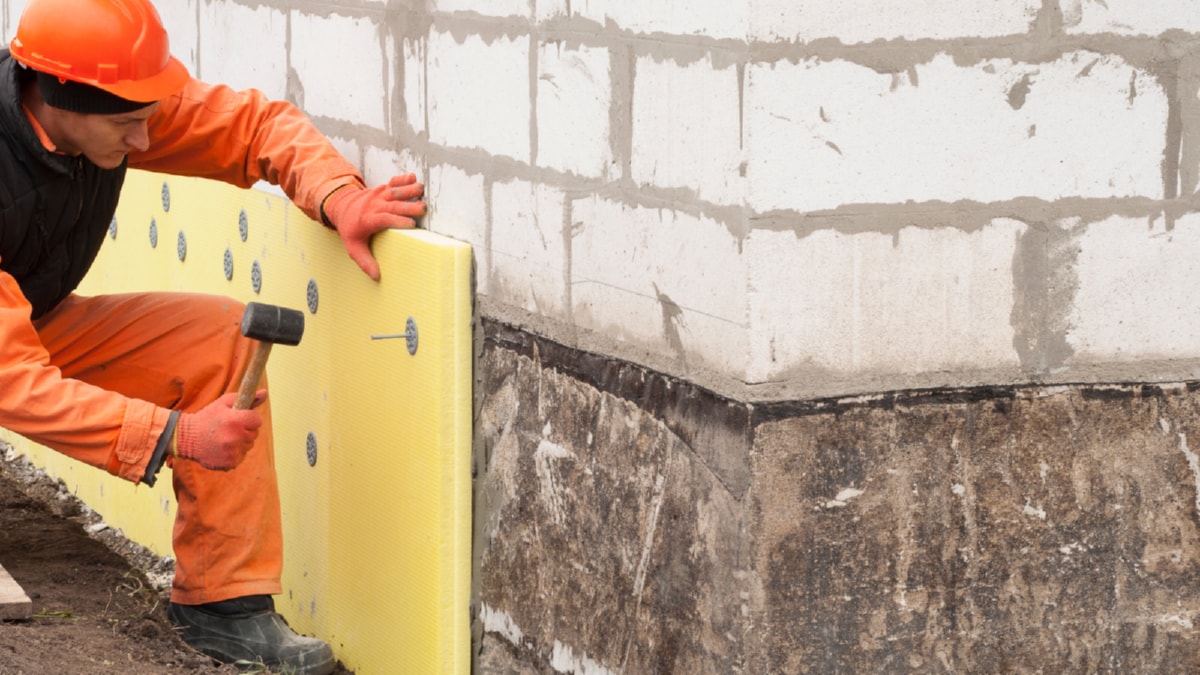Grasping the complexity of construction planning is crucial for anyone in the construction industry. This article provides an essential guide to construction project management, exploring key factors to consider in construction planning, and highlighting the importance of sustainable construction techniques.
The first aspect to consider in construction planning is the project scope. The project scope outlines the tasks, deadlines, and resources required to complete the project. It is essential to clearly identify the project scope to establish a solid foundation for the project. Failure to do so can lead to delays, cost overruns, and miscommunication.
Another critical factor in construction planning is risk management. Every construction project comes with its own set of risks, from unforeseen site conditions to changes in market prices for materials. Effective risk management can prevent these issues from derailing the project.
Budgeting and cost estimation are also imperative in construction project management. Accurate cost estimation helps determine the feasibility of the project and set the budget. It includes the cost of materials, labor, equipment, and other expenses. Regular budget monitoring ensures that the project stays within the financial boundaries.
On the other hand, constructing with sustainability in mind has become increasingly important in recent years. Sustainable construction techniques not only benefit the environment but are also cost-effective in the long run. They include using reducing waste, improving energy efficiency, and utilizing renewable resources.
One important sustainable construction technique is the use of eco-friendly construction materials. These materials are typically renewable, recycled, or have less environmental impact. Examples include bamboo, recycled steel, and paint with low volatile organic compounds.
Another key factor in sustainable construction is efficient use of energy. This can be achieved through proper insulation, high-efficiency appliances and lighting, and the incorporation of renewable energy sources like solar panels.
To conclude, successful construction planning involves careful consideration of the project scope, risk management, and budgeting. On the other hand, sustainable construction focuses on using eco-friendly materials and improving energy efficiency. By considering these aspects, construction professionals can ensure their projects are successful, sustainable, and cost-effective.
.
For more details, check best masonry services or visit their business listing here.



